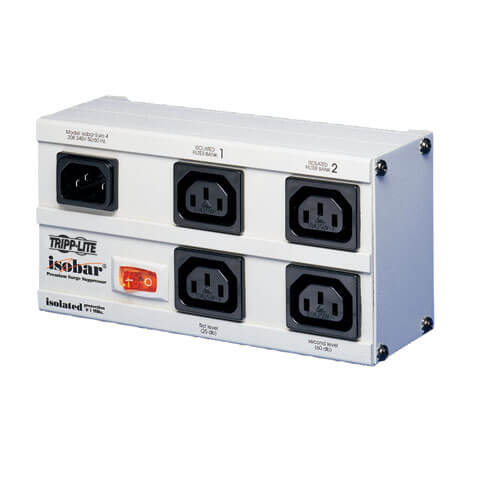Hey folks,
I'm trying to understand the type of protection my gear needs, if at all.
A lot of discussions about power conditioner, but I'm not trying to improve the sound.
We have a pretty stable electricity supply - 220v, but having short blackouts, mostly during storms. Approximately 5 times a year.
If I understand correctly, after a blackout there will be a spike when power goes up.
So I'm looking to buy a surge protector, one of the best I can find in the area I live.
Specs say <180Vac and >270Vac range, when not in a range it will disconnect. Can absorb 1000J. Rohs/CE/CB certification.
It also protects from over and under voltage.
Is it on a level of snake oil or it actually helps?
I'm also aware this device if not properly made it can "burn" the downstream electronics, that's why I'm looking at certifications.
I have purchased some "high-end" audio gear recently and want to keep it safe.
Thanks
I'm trying to understand the type of protection my gear needs, if at all.
A lot of discussions about power conditioner, but I'm not trying to improve the sound.
We have a pretty stable electricity supply - 220v, but having short blackouts, mostly during storms. Approximately 5 times a year.
If I understand correctly, after a blackout there will be a spike when power goes up.
So I'm looking to buy a surge protector, one of the best I can find in the area I live.
Specs say <180Vac and >270Vac range, when not in a range it will disconnect. Can absorb 1000J. Rohs/CE/CB certification.
It also protects from over and under voltage.
Is it on a level of snake oil or it actually helps?
I'm also aware this device if not properly made it can "burn" the downstream electronics, that's why I'm looking at certifications.
I have purchased some "high-end" audio gear recently and want to keep it safe.
Thanks



